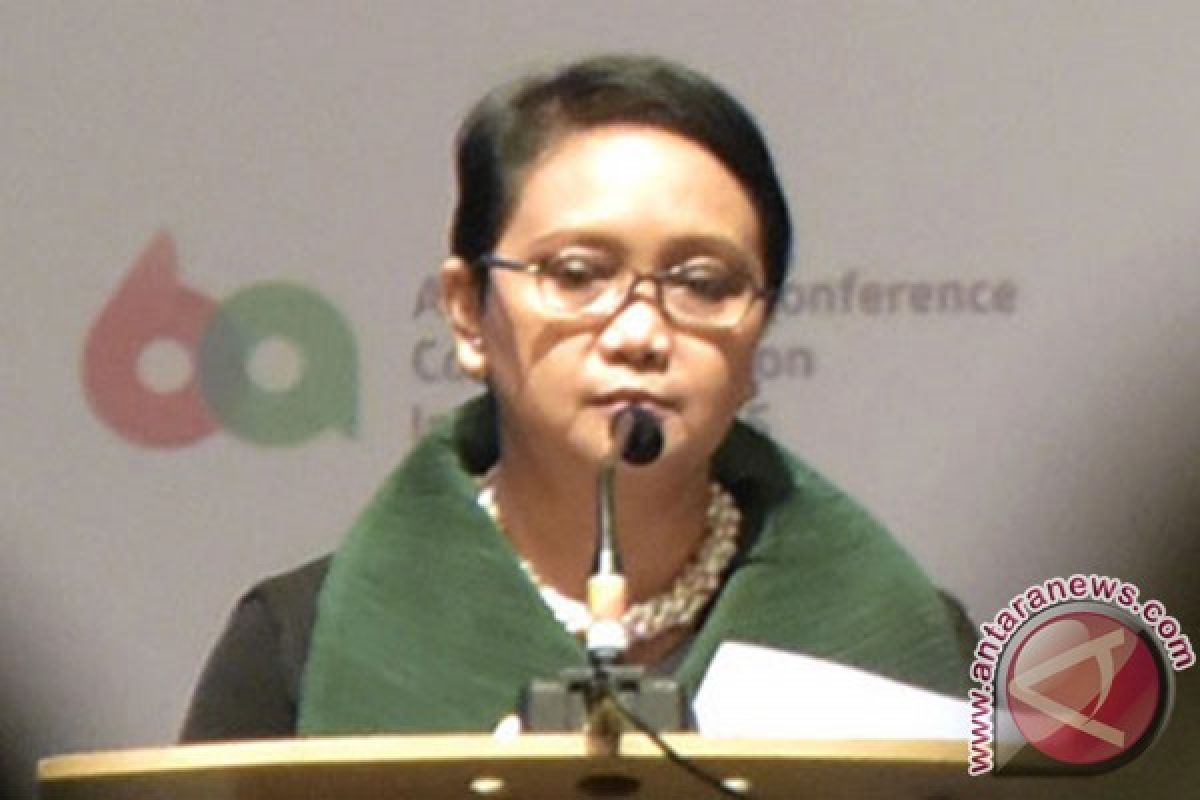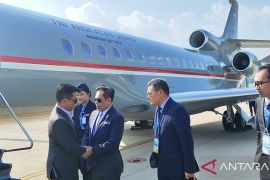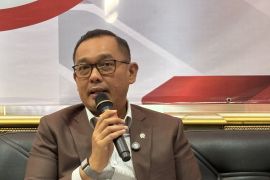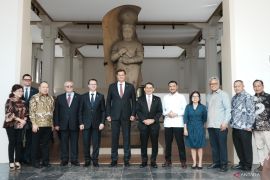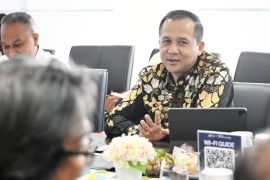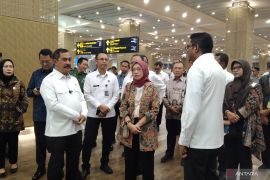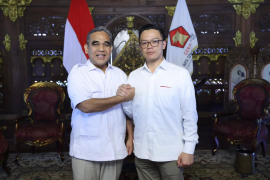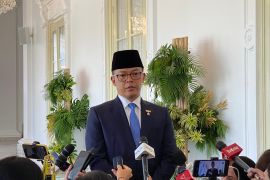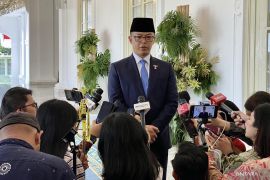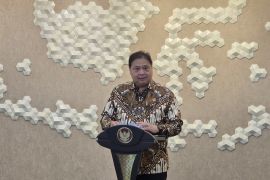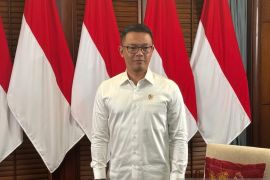"The Ministry of Foreign Affairs has strong evidence to prove that foreign reporters are allowed to carry out some of their activities in the Papuan region," Marsudi stated on the sidelines of a meeting with Commission I, the TNI commander and the BIN head to discuss the subjects of amnesty and abolition here on Monday.
According to the minister, in 2014, 22 visits had been approved by the government. There were practically no rejections of requests for foreign visits.
"We have data proving that in 2014, there were 22 visits. There was nearly no refusal. Papua is not an enclosed area," she remarked, adding that if requests for visits were rejected by the government, it was done due to less administrative requirements and security conditions.
As long as they fulfill all required procedures, foreign journalists should have no problem visiting Papua, she affirmed.
Marsudi further noted that international parties highly appreciated Indonesia after President Joko Widodo revoked restrictions that earlier applied to foreign media in Papuan provinces.
According to Marsudi, the presidents efforts had restored confidence that foreign media finds Papua fascinating.
"The opening of Papua to foreign reporters was welcomed by the international community," she added.
Earlier, the administration of Joko "Jokowi" Widodo had announced that restrictions on foreign media in Papua will be lifted. The announcement was made after it granted clemency to political prisoners in the countrys easternmost province the previous day.
President Jokowi had emphasized that foreign media were now free to enter Papua, similar to how they could enter other provinces in Indonesia.
"Beginning today, Sunday, I allow foreign journalists to travel to Papua the same way to can to other regions," Jokowi had said after attending a grand harvest in Wapeko, Kurik sub-district, Merauke district, Papua province, on May 10.
From here on, the nation should think positively and promote mutual trust, which has been diminishing of late.
"Do not ask that question; that is enough," Jokowi responded when questioned about foreign journalists usually preferring to cover the activities of illegal armed groups.
However, according to Coordinating Minister for Political, Legal and Security Affairs Tedjo Edhy Purdijatno, foreign journalists must first obtain permits if they want to cover Papua. There will be a screening process, as well.
"So we will not be blamed if they go to restricted areas," the chief minister, who accompanied Jokowi during his trip to Papua, pointed out.
While the entry of foreign journalists into Papua is no longer closed, there are preconditions they must adhere to if they wish to cover news, he stated.
Their reports must not contain defamatory content and information that is not based on facts and discredits Indonesia, the minister remarked.
Foreign media can report what they see and should not seek untrue data provided by armed groups, Purdijatno added.
"So let journalists have a firsthand glimpse of the situation in Papua. There is no news that equals what is reported by the overseas media," the minister stated.
In addition, Purdijatno revealed that the government was now implementing the welfare approach and no longer used the repressive security approach.
"We can see that is happening here because the news reported by foreign media describes the situation here as being full of violations. I believe this is untrue," the minister stressed.
A063/INE
EDITED BY INE
(T.A063/A/KR-BSR/F001)
Editor: Aditia Maruli Radja
Copyright © ANTARA 2015
